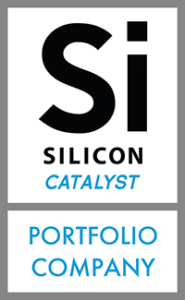Why Niobium?
Today’s microelectronics space is quickly evolving to meet power, performance, and security (PPaS) demands. In response, custom ASIC designs are creating a rapidly growing market. This is why Niobium Microsystems, a spinout of Galois Inc., was founded. The combination of our novel design techniques and custom intellectual property (IP) at advanced process nodes makes it possible for Niobium to design cutting-edge chips to address PPaS needs of the commercial and defense industry.
Who We Are
Headquartered in Dayton, Ohio, with an office in Portland, Oregon, Niobium leverages 20 years of Galois computer science R&D in formal methods and high assurance development. Since 2015, this R&D has been used on complex System-on-Chip (SoC) designs to create verifiably secure trusted microelectronics systems with complex Security. Additionally, our team has a long history in semiconductor design, specifically with lower-power techniques for meeting stringent size weight and power(SWaP) constraints. Now, these unique capabilities are available in Niobium, utilizing a tool suite of trusted EDA capabilities and emerging formal methods and tools to create domain-specific system architectures and secure and assured SoCs.
What We’ve Done
The Niobium team has designed systems that have included formally verified cryptographic accelerators, side-channel resistance secure functions as well as low-power machine learning IP for edge vision processing. In future blog posts, we will take a look at the technology behind our past designs, which include:
- GULPHAAC (Galois Ultra-Low-Power High-Assurance Asynchronous Cryptography) – a formally verified chip capable of running at extremely low power.
- 21CC – A side-channel resistant cryptographic accelerator using asynchronous design techniques
- GLASS-CV – An ultra low power machine learning chip for edge compute
Where We’re Going
As we embark on our path as a new spinout, we are excited to bring the mathematical rigors and expertise of formal methods to the silicon design space to address emerging ASIC design needs. The Niobium team is poised to support the development of silicon designs to address the evolving domain areas.

